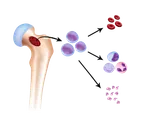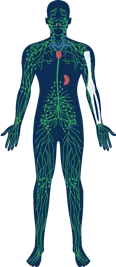- Home
- Browse by Disease
- Heparin-induced thrombocytopenia
Heparin-induced thrombocytopenia
- Other Names:
HAT; heparin-associated thrombocytopenia; heparin-induced thrombocytopenia (disease); heparin-induced thrombocytopenia type 2; HITHAT; heparin-associated thrombocytopenia; heparin-induced thrombocytopenia (disease); heparin-induced thrombocytopenia type 2; HIT
Read More
Read Less









